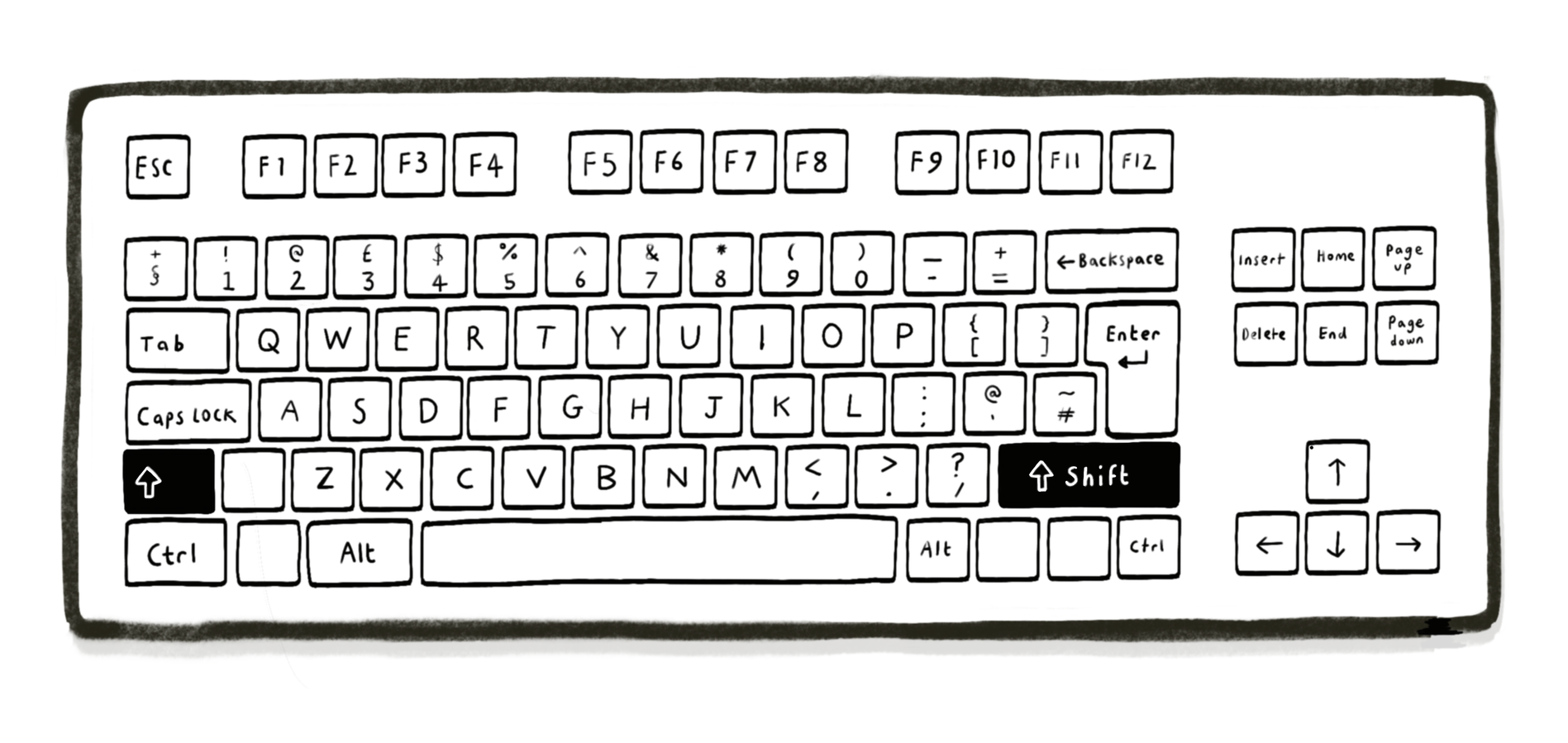Excellent pronoun usage
Designing for people with limited English, charities and content design, conflicting access needs, and how to use personal pronouns.

Welcome to another edition of Plain English Weekly, the newsletter for plain language champions that has a highly inaccurate name!
Yes, forgive me for the inconsistent schedule. This summer I have found myself working on what is likely to be a career-defining project and it's meant I've had to prioritise. Content prioritisation! It's a real thing.
Chances are I may tweak the format of the newsletter so that I can still send you an email, even when I'm busy. Basically, remove my waffly bits.
Last thing. Thank you to everyone who has shared Plain English Bookmarks! It's had thousands of visits over the last few weeks and I'm adding new links all the time. It can only grow from here. I'm so pleased folk are finding it useful.
Okay, enjoy the exciting internet articles listed below.
Iain
PS If you are new to the newsletter, I am Iain Broome. I run my own freelance content design studio. And you are extremely welcome.
Designing for people with limited English
So much useful stuff here in this page from the UK Home Office's content style guidelines. I've had to write and design content for people who don't speak English as a first language and it can be a real challenge to get it right. That said, it's worth noting that a lot of the advice here applies to content for pretty much anyone.
Why it’s time for charities to embrace content design
This piece from the ace Lauren Pope appears on the CharityComms blog. I know that there are lots of people who work for charities and read this newsletter, so please do go check this one out if that's you!
Designing content for conflicting access needs
Great post from Stephanie Coulshed writing on Scope's Medium account. Here's here handy definition of conflicting access needs:
Conflicting access needs are when the access need for one person is the opposite of what someone else needs.
I am dealing with this exact problem at the moment in my own work and it is not at all straightforward to solve. But as this post frequently mentions, there really is nothing like testing content with real people to understand how it might be improved to cater for more, if not all, needs.

Understanding users who do not use digital services
Hey, remember just above, when I said that I had experience of writing for people who had limited English? In one case, those people had very limited digital skills too. And my task was to create learning materials that would teach them some basic digital skills. I can tell you there were flash cards involved (see image).
Anyway, there are lots of other reasons why people don't use digital services and this page from the GOV.UK service manual pops them in a list for you. You will also find some good advice on how to carry out research that helps you understand why people might not be using your service in particular.
The lowdown on personal pronouns and how to use them
One of the principles of plain English is to use pronouns, such as we, our, you and your. It makes your writing more direct and its tone more warm and human. I'm sure your own content is full of excellent pronoun usage. But if you want to get all technical about it, this guidance from the British Council is full of examples.
"Research has found that technical language and long documents make people with limited English anxious. If you need to use technical language, provide a clear language explanation."
UK Home Office, Content Style Guide
New reader?
Join a growing community of 800+ plain language champs and start getting advice and resources that help you write clearer, more accessible content.